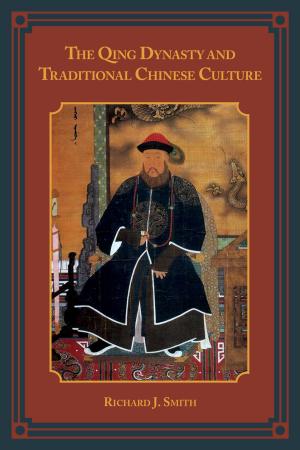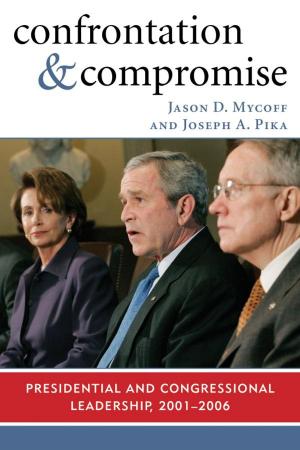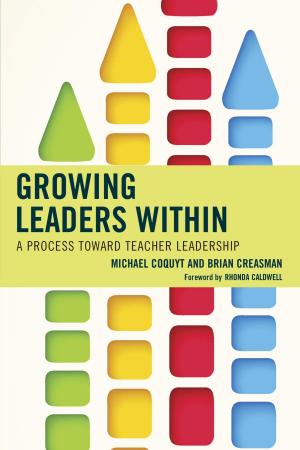The Indispensable University
Higher Education, Economic Development, and the Knowledge Economy
Nonfiction, Reference & Language, Education & Teaching, Higher Education, Administration| Author: | Eugene P. Trani, Robert D. Holsworth | ISBN: | 9781607090816 |
| Publisher: | Rowman & Littlefield Publishers | Publication: | February 16, 2010 |
| Imprint: | Rowman & Littlefield Publishers | Language: | English |
| Author: | Eugene P. Trani, Robert D. Holsworth |
| ISBN: | 9781607090816 |
| Publisher: | Rowman & Littlefield Publishers |
| Publication: | February 16, 2010 |
| Imprint: | Rowman & Littlefield Publishers |
| Language: | English |
The Indispensable University describes the innovative transformation of institutions of higher education (HEIs) across the world, in response to the emerging realities of the twenty-first century global knowledge-based economy, as well as describes how HEIs are defining many of today's economic realities on a regional level. HEIs continue to drive economic development through their traditional roles of purchaser, employer, real estate developer, workforce developer and community developer. But these roles now must be executed more strategically and collaboratively. Also, the twenty-first century economy offers universities unique opportunities to generate the intellectual and financial capital that drives emerging knowledge-based industries. Case studies are drawn from: urban America; rural America; Europe; the Middle East; and emerging countries. Some of the topics covered include the following: the role of university presidents as change leaders; the relationship between higher education institutions and the political leadership of cities, states, and nations; successful models of partnerships between higher education and the private sector; and future challenges and opportunities facing the modern university.
The Indispensable University describes the innovative transformation of institutions of higher education (HEIs) across the world, in response to the emerging realities of the twenty-first century global knowledge-based economy, as well as describes how HEIs are defining many of today's economic realities on a regional level. HEIs continue to drive economic development through their traditional roles of purchaser, employer, real estate developer, workforce developer and community developer. But these roles now must be executed more strategically and collaboratively. Also, the twenty-first century economy offers universities unique opportunities to generate the intellectual and financial capital that drives emerging knowledge-based industries. Case studies are drawn from: urban America; rural America; Europe; the Middle East; and emerging countries. Some of the topics covered include the following: the role of university presidents as change leaders; the relationship between higher education institutions and the political leadership of cities, states, and nations; successful models of partnerships between higher education and the private sector; and future challenges and opportunities facing the modern university.















